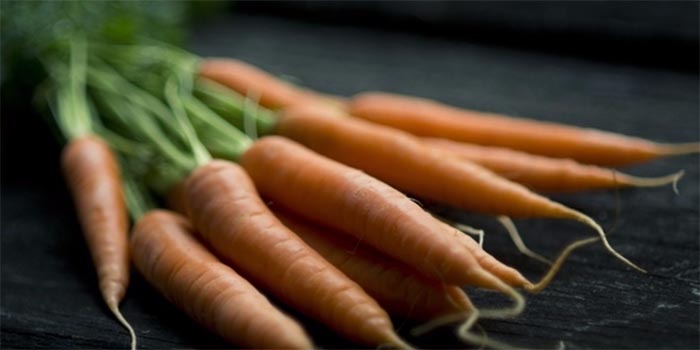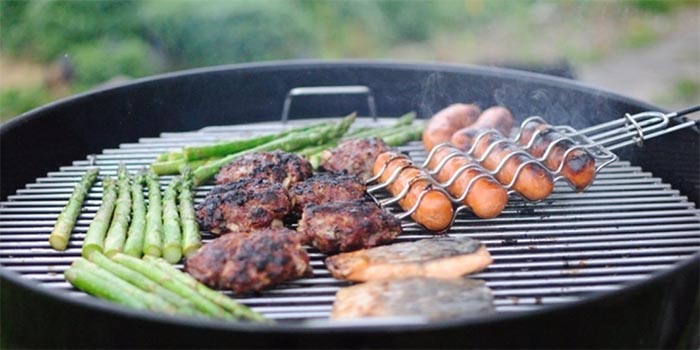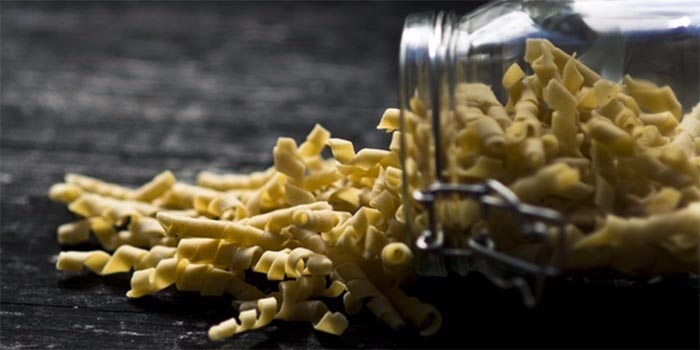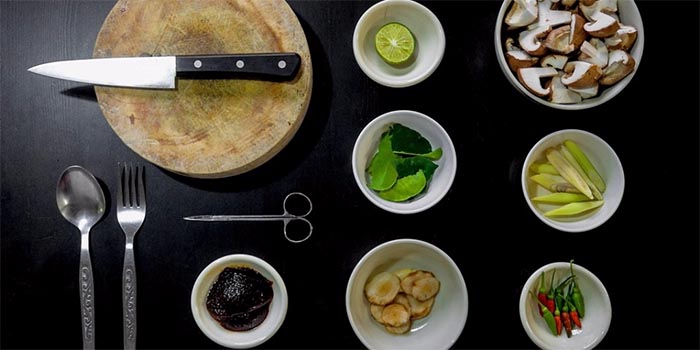While many people realize that waste can be reduced by recycling, less attention has been given to the problem of waste generated by uneaten/spoiled food. It’s no less important, though, and is increasingly drawing attention from sustainability and hunger-prevention advocates.
Let’s start with some facts: It’s estimated that 40% of all food produced in the United States goes to the landfill. That’s right, 42.8 million tons – close to half of all the food we grow and raise is simply thrown out as trash, even as tens of millions of across the US and Canada face hunger on a daily basis. The energy and resources needed to produce that wasted food in turn generates huge quantities of carbon dioxide, contributing to global warming. And that’s just the start. Once that organic waste gets buried in a landfill it transforms into methane, one of the most damaging greenhouse gases causing climate change.
The good news is, just like with recycling, we each have the power to do something about the problem. By looking at how we purchase, consume, and dispose of food, we can make sure the items we bring home from the store end up in our bellies and not the dump. And because the value of the food an average family tosses adds up to roughly $1,500 a year, steps to reduce waste ultimately helps our pocket books as well.
The first impulse to address food waste is often to compost it. And while we’re big fans of composting, this simply keeps waste out of the landfill – it doesn’t address the core problem that allowing food to go to waste still contributes to climate change as a result of the resources to produce it. The real benefit comes from making sure food actually gets eaten, and thus reduces the pressure to produce even more food. So, with this blog we’re going to look directly at steps to prevent the items we put in our refrigerators from going bad in the first place.
Take a bite out of these tips!
![]()
Buy Less by Meal Planning

When people go to buy groceries, they tend to stock up on items that they regularly use thinking that it is a good strategy to reduce the amount of trips they have to make to the store. However, it often ends up costing more money, and they end up not being able to eat all that food before it goes bad. Therefore, it would be a better strategy just to buy enough food for the week.
One strategy to combat this is to plan your meals for the week in advance by checking what you already have in the pantry and refrigerator. If you’re missing ingredients after checking the items that you already have, then head to the store and purchase only the things you know you need for those recipes.
![]()
Eat the Leftovers

If you have leftovers from dinner, pack them up so you can use them for lunch for the next day. Or, if you’re more adventurous in the kitchen, you can take those leftovers and used them to make a new meal with a few new ingredients. Here are some great recipe ideas that have one thing in common – they use leftovers as at least one of the ingredients!
![]()
Store Food Properly
When storing dry or fresh goods, properly storing them can go a long way in reducing food waste! For example, when storing cereal and grains, it is best to do so in air-tight containers that will keep moisture out. However, there is always an exception to the rule. Whole-wheat flour and brown rice are best preserved and stored in the refrigerator. Doing a bit of research to find out the best ways to store the items that you purchase will go a long way in reducing food waste and saving you money!
![]()
Get Creative in the Kitchen
If you ever get bored of eating the same meals every week, then get creative! Go through your pantry and refrigerator and place items like leftovers, frozen vegetables and more on the counter. Take a good look at the different items and try your hand at a new recipe! Here is a list of items that do really well in the freezer and are handy in a lot of different meals.
![]()
Keep the Kitchen Organized

While it may seem like unnecessary extra work, when you get home with groceries the newer items should be placed at the back of the pantry. If you’re more likely to reach for what’s easiest, having these items handy will increase your chances of eating them first. While this is definitely an option for the fridge as well, it’s a little more complicated than simply putting new items at the back. Instead, try putting foods that you should consume within the week to avoid them going bad into a specific basket inside the fridge. This way you know what is about to spoil and can plan your meals around those items.
We now have our call to action. If you’re hungry for change, try these tips to eliminate your own food waste! They’re actions that you can really sink your teeth into!
Looking for more tips? There are two excellent resources that can help:
- The US EPA has a website filled with tips and ideas to help reduce the amount of food you waste.
- The Natural Resource Defense Council (NRDC) has a whole PSA awareness campaign with TV, billboard, radio and other ads called Save the Food.com with detailed advice about how to prepare for trips to store and plan meals so that the food you do bring home get’s eaten before it goes bad.
![]()
Sources:
http://www.womansday.com/food-recipes/g2403/reduce-food-waste/
https://www.youtube.com/watch?v=IoCVrkcaH6Q
http://www.foodnetwork.com/recipes/essential-freezer-items-feasts-from-the-freezer-recipe.html#
http://greatist.com/health/leftovers-meals-healthy-recipes
![]()









